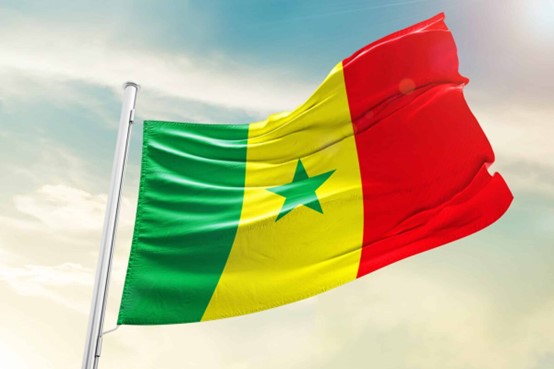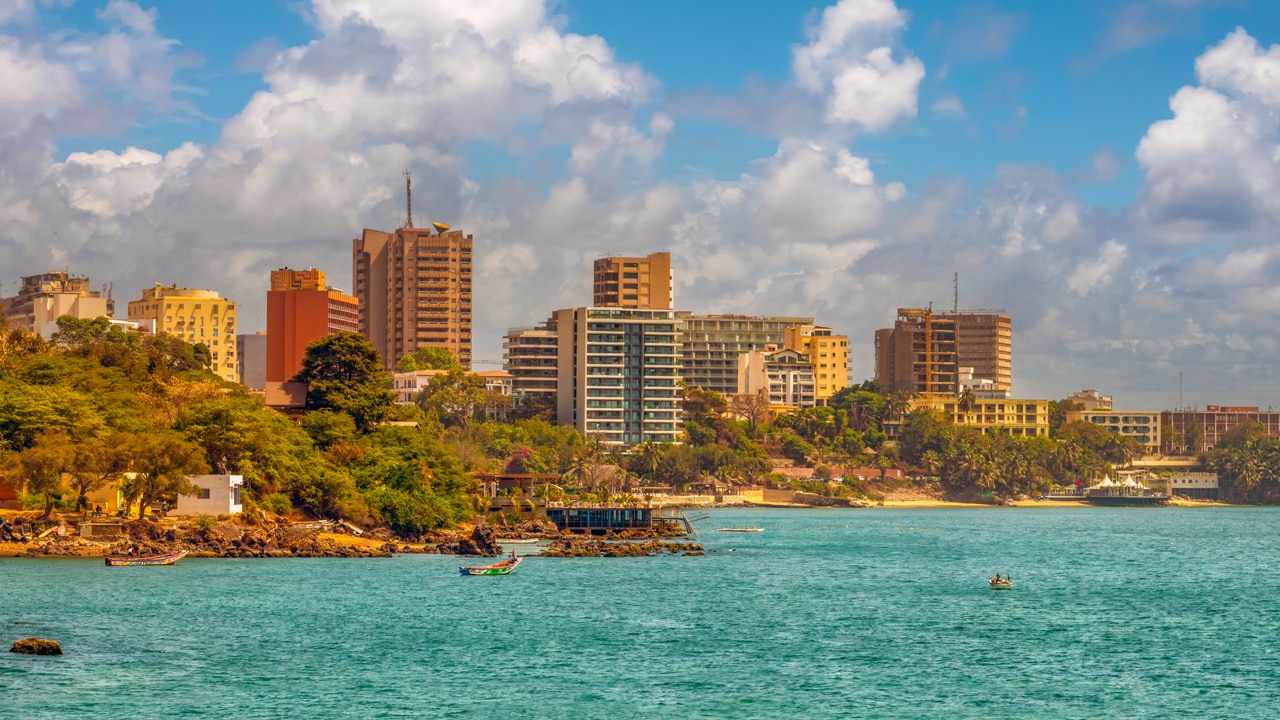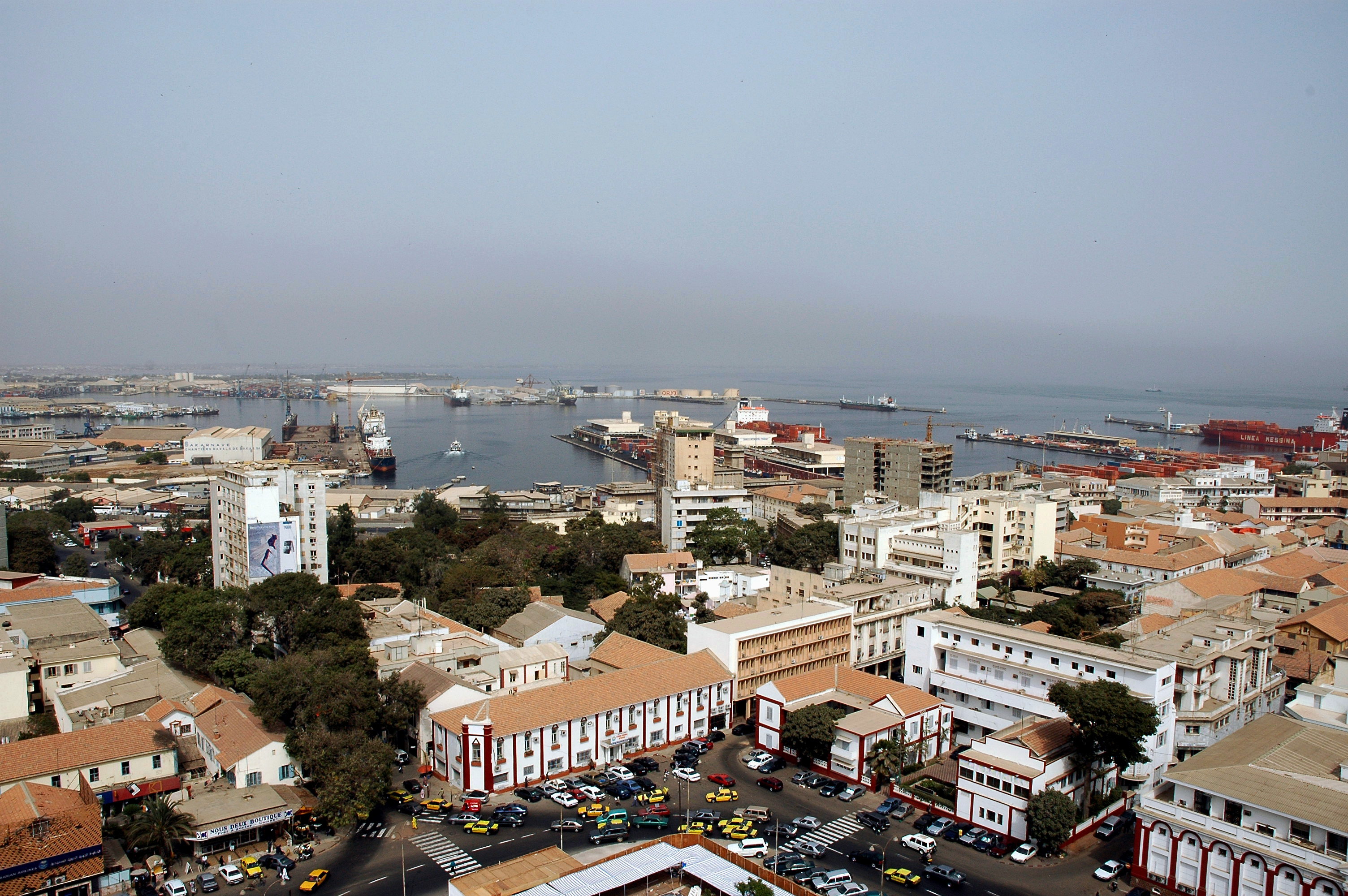Table of Contents
- IT’S A NEW DAWN IN SENEGAL - Spaces for Change
- Do Australians need a visa for Senegal? | escape.com.au
- Senegal to Audit Fishing Agreements Signed With Partners Including EU ...
- Senegal | Flag, Language, President, Population, & Indpendence | Britannica
- Senegal - nowość w ofercie! - Traveligo
- Discover Senegal: 10 Reasons to Go Now - YouTube
- Netherlands vs Senegal: Prediction, kick-off time, streaming ...
- Senegal to Audit Fishing Agreements Signed With Partners Including EU ...
- Senegal
- Jon Tennant

Located in West Africa, Senegal is a country that boasts a rich cultural heritage and breathtaking natural landscapes. With its unique blend of African, French, and Islamic influences, Senegal has become a popular destination for travelers and adventure seekers. In this article, we will delve into the fascinating world of Senegal, exploring its history, geography, economy, and culture, as outlined in The World Factbook.


Geography and Climate

Senegal is situated in the westernmost part of Africa, bordering the Atlantic Ocean to the west, Mauritania to the north, Mali to the east, and Guinea and Guinea-Bissau to the south. The country's terrain is characterized by a flat to rolling coastal plain, with a semi-arid interior and a tropical savanna climate. The climate is generally warm and humid, with a rainy season from May to November. According to The World Factbook, Senegal's geography and climate support a diverse range of flora and fauna, including mangrove forests, savannas, and a variety of wildlife.


Economy and Infrastructure

Senegal's economy is primarily driven by agriculture, with major crops including peanuts, millet, and sorghum. The country is also rich in natural resources, including phosphates, iron ore, and gold. In recent years, Senegal has experienced significant economic growth, with a focus on developing its infrastructure, including roads, ports, and energy systems. The country's main industries include food processing, mining, and construction. As outlined in The World Factbook, Senegal's economy has the potential for further growth and development, with a growing tourism sector and increasing investment in renewable energy.


Culture and History
Senegal has a rich cultural heritage, with a unique blend of African, French, and Islamic influences. The country is home to over 20 ethnic groups, each with their own language and customs. The Wolof and Serer peoples are the largest ethnic groups, and their traditions and customs play an important role in Senegalese culture. The country's history is also marked by its colonial past, with French colonization having a significant impact on Senegal's language, education, and politics. As noted in The World Factbook, Senegal's cultural diversity and rich history make it a fascinating destination for travelers and scholars alike.

Tourism and Attractions
Senegal is a treasure trove of natural beauty and cultural attractions, with a range of exciting experiences for visitors. The country's stunning coastline, beautiful beaches, and vibrant cities make it an ideal destination for beach lovers and city dwellers alike. Some of the top attractions in Senegal include the Lac Rose (Pink Lake), the Gorée Island, and the Niokolo-Koba National Park. Visitors can also experience the country's vibrant music and dance scene, with a range of traditional and modern styles to enjoy.
In conclusion, Senegal is a country that offers a unique blend of African culture, natural beauty, and economic opportunity. With its rich history, diverse geography, and vibrant culture, Senegal is a must-visit destination for anyone interested in exploring the best of West Africa. Whether you're a traveler, a scholar, or simply someone looking to learn more about this fascinating country, The World Factbook is an invaluable resource for uncovering the secrets of Senegal.
Keyword: Senegal, The World Factbook, West Africa, African culture, natural beauty, economy, infrastructure, tourism, attractions.